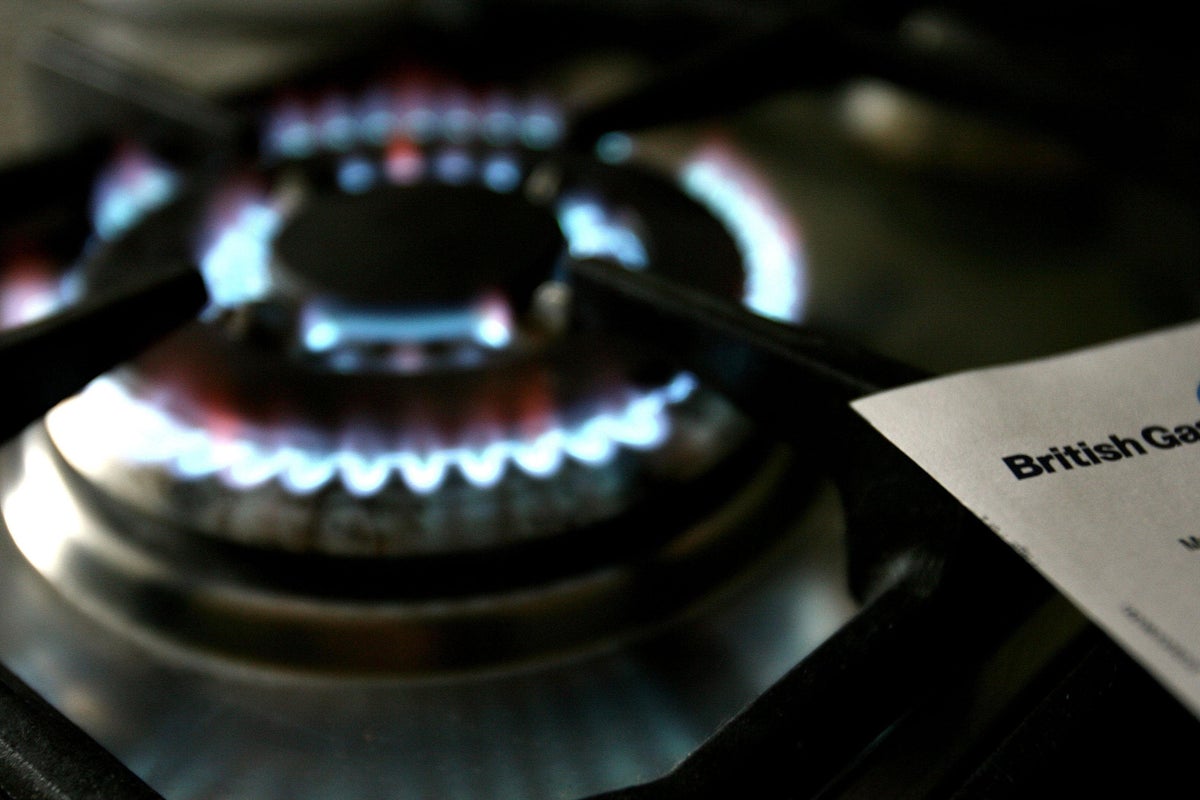
Millions of households could see their huge energy bills drop by £440 a year from July, experts say.
Ofgem will announce a new energy price cap for July this month and Cornwall Insight, an independent energy research and consulting firm, expects that the cap will fall.
A typical household is now predicted to pay approximately £2,060 a year, according to analysis by the research firm.
Decreased volatility in the wholesale energy market, the mild winter, higher than-predicted European storage levels, and reduced demand from consumers have all contributed to the expected fall.
But as the year goes on, electricity prices could creep up again with Cornwall Insight predicting that the cap will rise to £2,098.22 in October.
The energy price cap is currently set at £3,280 a year for most households, depending on their gas and electricity use. However, in practice household energy bills are capped at £2,500 a year for typical use.
Dr Craig Lowrey, Principal Consultant, Cornwall Insight, said: “As the wholesale energy market has levelled out in recent weeks, our predictions for the price cap have followed suit.
“Some energy suppliers will potentially look to leverage this opportunity to bring back fixed tariffs on or around the price cap, with stable projections lowering concerns they will lose out over the fixed term.
“This potential re-emergence of competitive tariff propositions presents an opportunity for households to finally get a grip on their energy bills, having been hit hard by the energy crisis.
“While this seems positive, fixing energy tariffs is a gamble, the market may go down as well as up, and households run the risk of getting locked into bills higher than the price cap.”
“What we do know is while energy bills may begin to stabilise, they are still far from returning to pre-2020 levels. While consumers may feel more secure, we must not underestimate the fact that these bills remain unaffordable for many households.
“The global energy market and our heavy dependence on energy imports still impact bills. Moreover, unforeseen geopolitical events can easily disrupt the wholesale market again. It is crucial that the UK accelerates its journey towards energy self-sufficiency.”
Despite lower energy prices the Bank of England is still acting aggressively to reign in inflation.
The Bank hiked interest rates from 4.25 per cent to 4.5 per cent on Thursday, bringing them to the highest level since 2008, as it continues to try and bring inflation down to 2 per cent.







